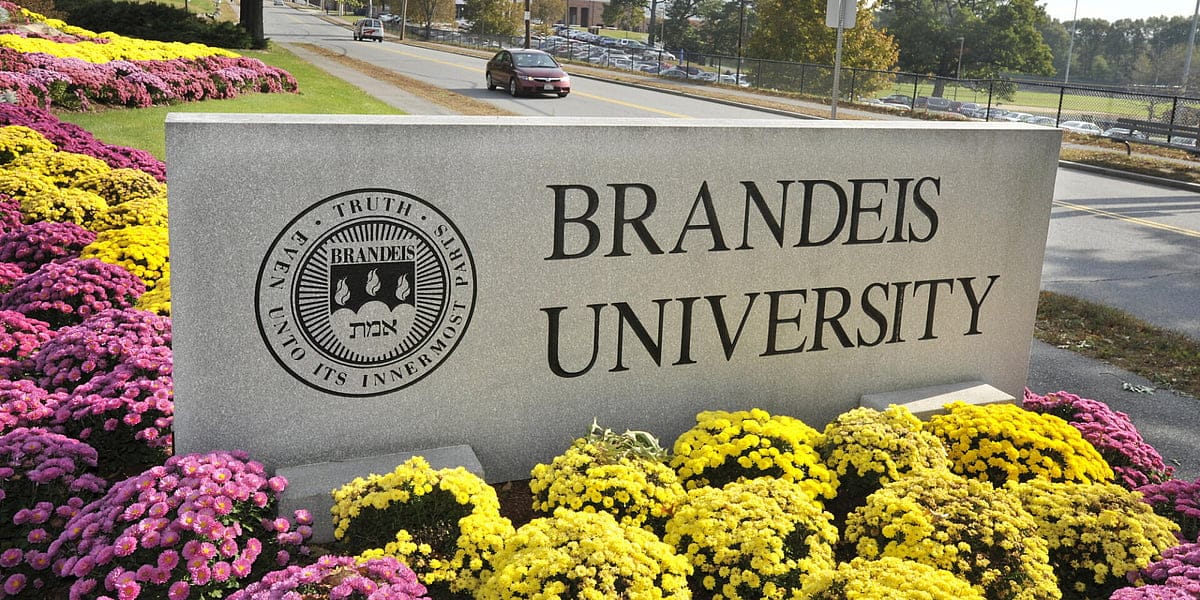News

Transgender Athlete Competing In Fencing At Brandeis University

If you looked at the Brandeis University women's fencing roster last year, you would have seen the name Alexander Wicken on it.
Wicken is no longer a member of the team this year, however.

